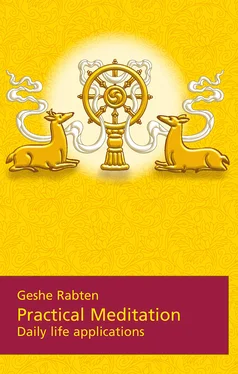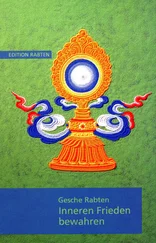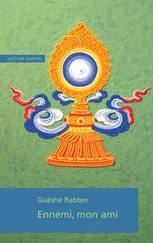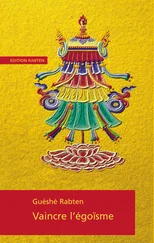To develop alertness we should consider, before beginning an action, what is the need of this action, is there anything improper in it, is it beneficial or not, can any difficulties arise from it, and so on, in this way checking the various factors which are involved. Having thus determined the quality of an action, if it is wrong or harmful, we can avoid it. If it is good and of benefit, we can do it. Then while we are actually engaged in the action, we should remain mindful of the positive or negative consequences or of any danger which might arise. In this way both alertness and mindfulness are working together.
In one of the sutras, Buddha speaks of when walking being mindful of walking, when sitting being mindful of sitting. In whatever actions we do we should remain aware and mindful, first check the action with alertness, then proceed with mindfulness. Our moving from place to place is an everyday necessity. Therefore, if at all times we can cultivate alertness and mindfulness, we will be doubling their effectiveness, for both when meditating and between our sessions. We will be nurturing their development.
When we travel in eastern countries, such as India and Ceylon, where Buddhism is widely practiced, we may see monks walking very slowly along a path. This is not because they are trying to appear impressive or attractive, If they are actually practicing, they are following this advice to cultivate mindfulness and alertness when walking. In meditation texts it says that the post-meditation period should benefit the meditation session and that the meditation session should benefit the post-meditational period. Both should be used to provide mutual support. On the other hand, if we have ineffective meditation and also mindlessly pass our time between sessions, no progress can possibly ensue. This is why it is so beneficial for a person who sincerely desires to meditate or to lead a wholesome lifestyle to develop these two mental factors.
In addition, not only when we are going somewhere, but also when we are working or talking or just relaxing we should preceed our actions with the thought of whether or not they are positive, harmful or beneficial. If we feel an action is not good, we should simply refrain from it. If it is positive, engage in it, but with a continuing sense of alertness and mindfulness. We should also make use of these factors to determine if the place and the time of our going are safe and free of any danger. In brief, we must take care and remain aware in all situations. Most of our difficulties arise when we are outside of a meditation session and this is why it is so important to maintain alertness and mindfulness at all times. Doing so can only make us more effective and efficient in our everyday activities and at the same time aid our Dharma practice. But please do not be over zealous in your efforts and find yourself the cause of an accident by practicing mindfulness as you walk very slowly across a busy street. The explanation of these two mental factors is, in fact, very extensive, but to say it simply, mindfulness remembers and remains aware of its object and alertness determines its positive or negative qualities.
In summary, we should make an effort to develop mindfulness and alertness. As I mentioned, choose one object and do many short meditation sessions. Especially work to guard the doors of the senses. If we sincerely wish to meditate, having heard the teachings, we should not simply forget about them, but rather, make an effort to practice each day.
Конец ознакомительного фрагмента.
Текст предоставлен ООО «ЛитРес».
Прочитайте эту книгу целиком, купив полную легальную версию на ЛитРес.
Безопасно оплатить книгу можно банковской картой Visa, MasterCard, Maestro, со счета мобильного телефона, с платежного терминала, в салоне МТС или Связной, через PayPal, WebMoney, Яндекс.Деньги, QIWI Кошелек, бонусными картами или другим удобным Вам способом.












